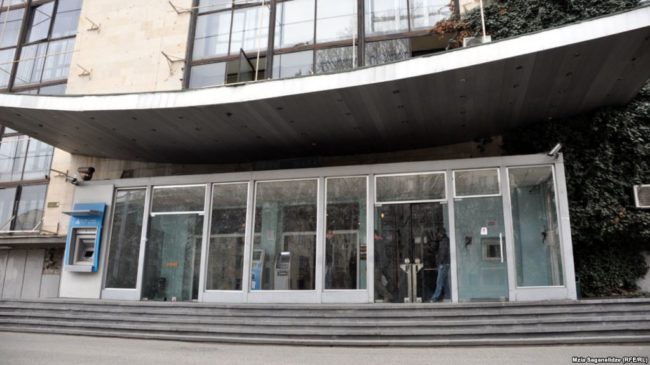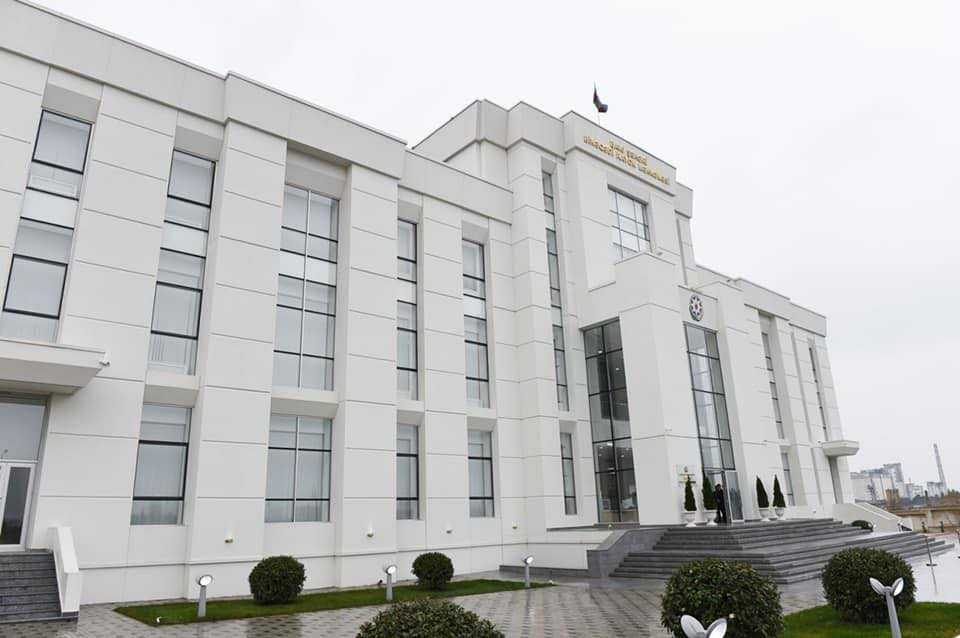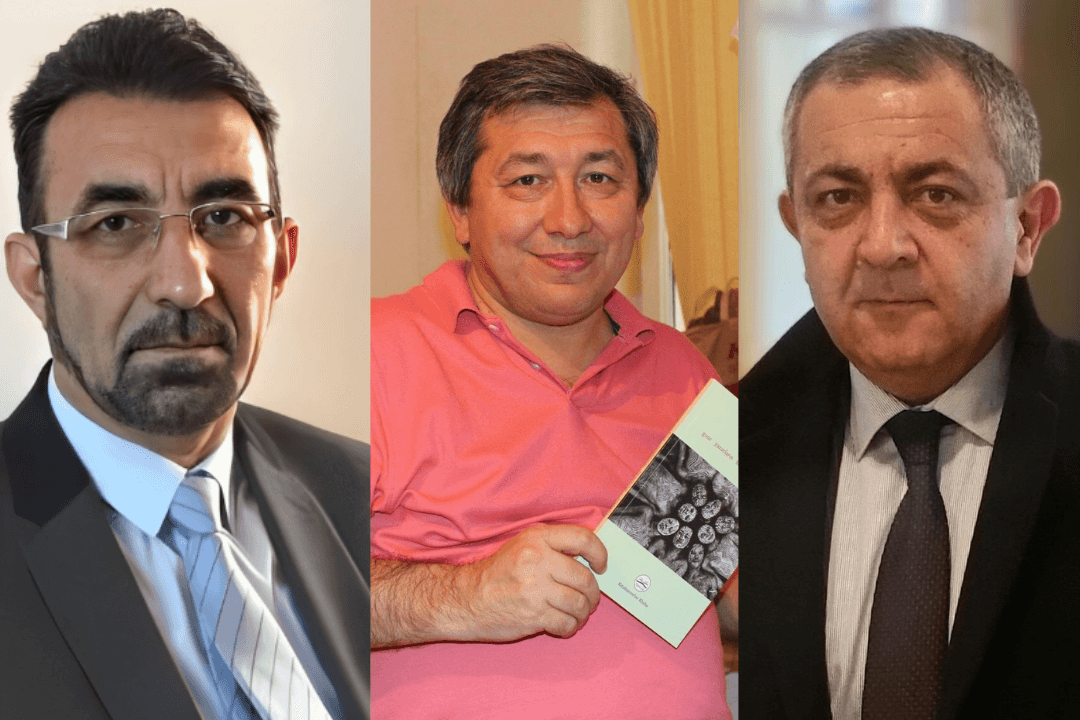

 Georgia’s Parliament is considering allowing the Georgian Public Broadcaster (GPB) to air advertisements. The amendments to the Law on Broadcasting to remove restrictions on advertising were initiated by the GPB themselves.
Georgia’s Parliament is considering allowing the Georgian Public Broadcaster (GPB) to air advertisements. The amendments to the Law on Broadcasting to remove restrictions on advertising were initiated by the GPB themselves.
The broadcaster claims this will contribute to their development and allow them to better compete with commercial broadcasters.
If the changes go ahead the GPB would still face restrictions, with advertisements limited to three minutes an hour and restricted entirely at prime time, and on weekends and public holidays.
According to Georgia’s current Law on Broadcasting, commercial advertising is allowed only during sports events, international festivals, and competitions, and then only if they fall outside of prime times. During these exceptions, their duration is limited to 30 minutes a day and 6 minutes an hour. The bill would increase these to an hour a day, and 12 minutes an hour.
Rising concerns
Private broadcasters, including the opposition-leaning Rustavi 2 and several regional stations, have opposed the initiative.
Several MPs have also expressed scepticism. Liberali quoted Nino Goguadze from the ruling Georgian Dream party as claiming ‘with this amount of money, entering the commercial advertisement market and competing with private broadcasters would not be right, and the initiative is not properly justified’.
The GPB is funded from the state budget, receiving more than ₾50 million ($20 million) in 2017. It is allocated a certain percentage of Georgia’s GDP annually.
A number of private TV companies and civil rights groups have urged Parliament to reject the bill. Broadcasters have expressed concern that the changes may put regional TV stations at a disadvantage on the advertising market.
According to Georgia’s National Communications Commission, the advertising market was worth ₾83 million ($33 million) in 2016, making GPB’s annual income more than the total sum of the market.
In response to fears that GPB could try to strengthen its position by offering low prices for advertising, Tinatin Berdzenishvili, head of Media and Communications at the GPB, said GPB has never attempted to manipulate prices, adding that the board of trustees is responsible for anti-dumping actions.
Another Georgian Dream MP, Davit Chichinadze, also denounced the draft law, insisting that ‘commercial advertising may increase commercial influence on the broadcaster’.
Giorgi Gvimradze, director of News and Current Affairs at the GPB, claimed in a talk-show on GPB that ‘conflicting opinions [opposing the initiative] are directed against development of the public broadcaster’.
On 14 November, Parliament’s Economic Policy Committee gave the green light to the bill on the condition that ‘principal issues regarding advertising and the board of trustees will be reconciled’. The bill includes other changes, including the distribution of rights and obligations between GPB’s administration and the board of trustees.
The bill, developed by a working group under Parliament’s Legal Issues Committee, was put to parliament by 13 MPs on 22 June. The group was formed earlier in 2017 after several GPB employees urged Parliament to change Georgia’s law on broadcasting.
The bill will be redirected to Parliament’s plenary session, which will vote on it in three hearings. The contents of the bill may still be changed.
In another move, an MP from the former ruling United National Movement party, Roman Gotsiridze, has submitted an initiative to parliament to change rules financing the GPB.









